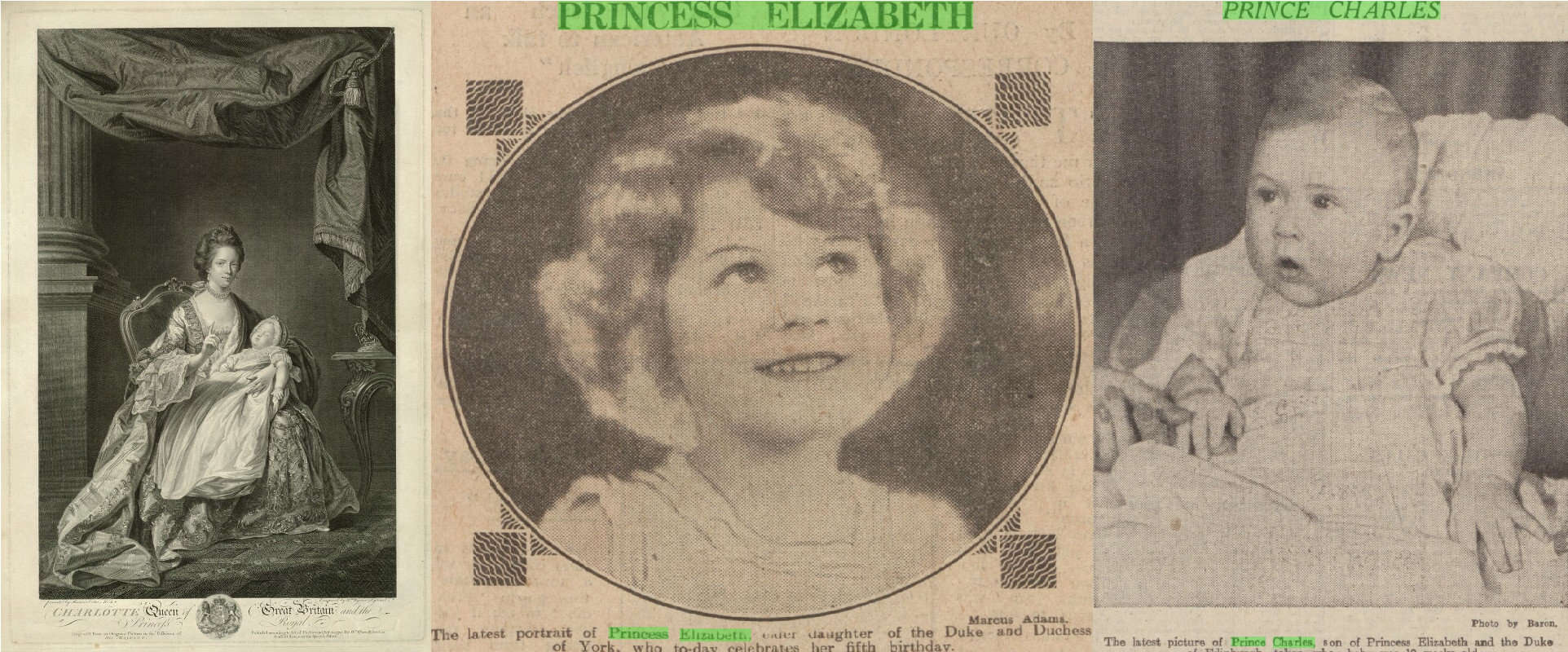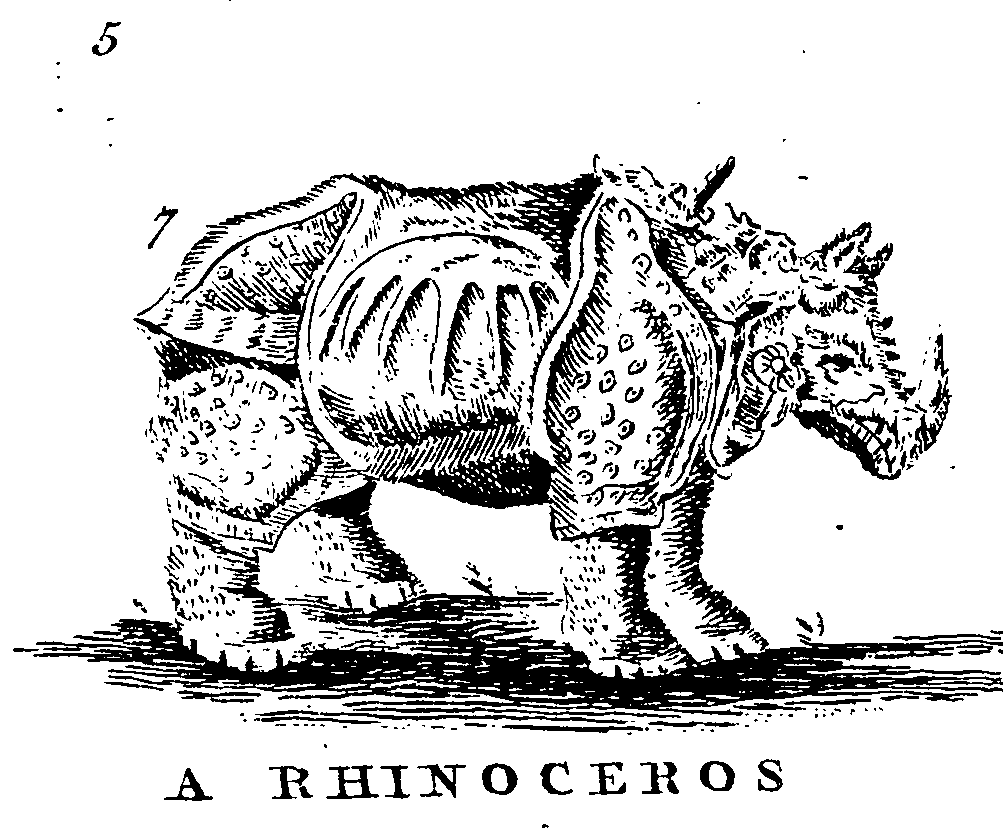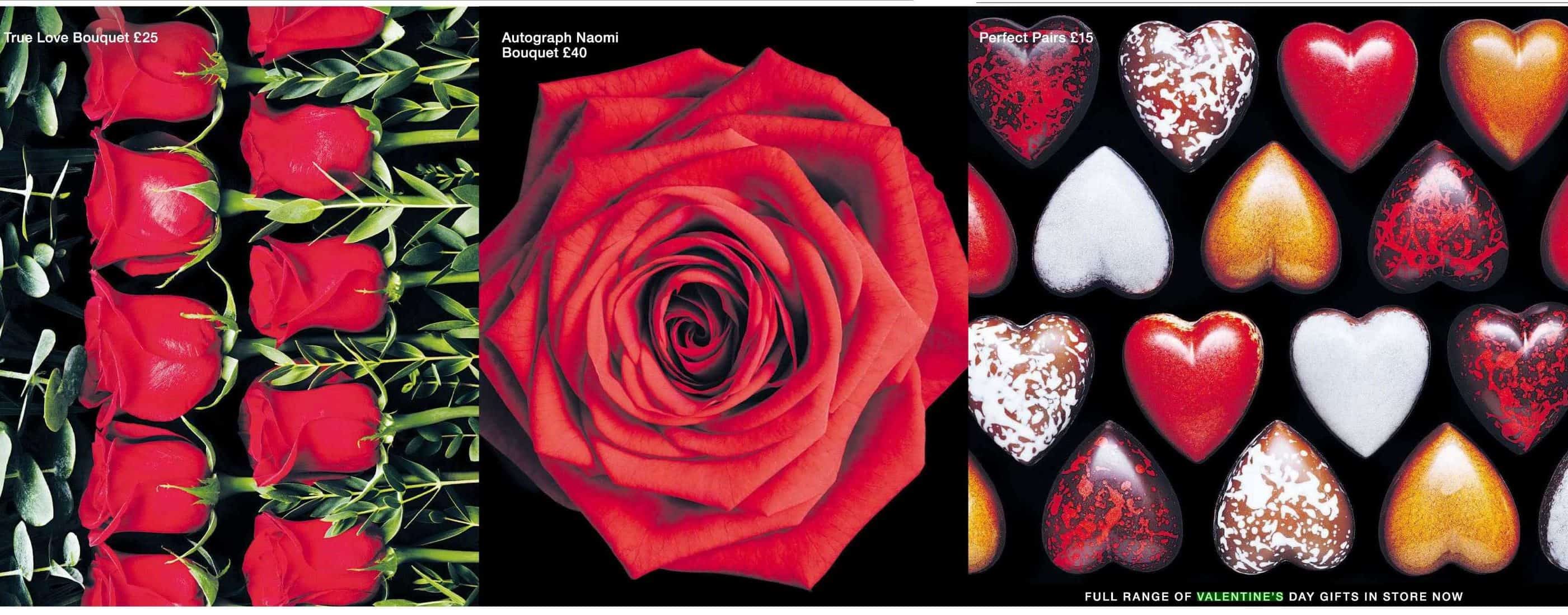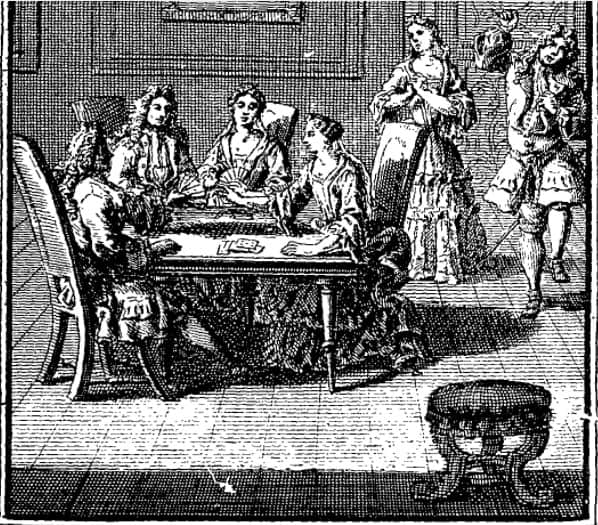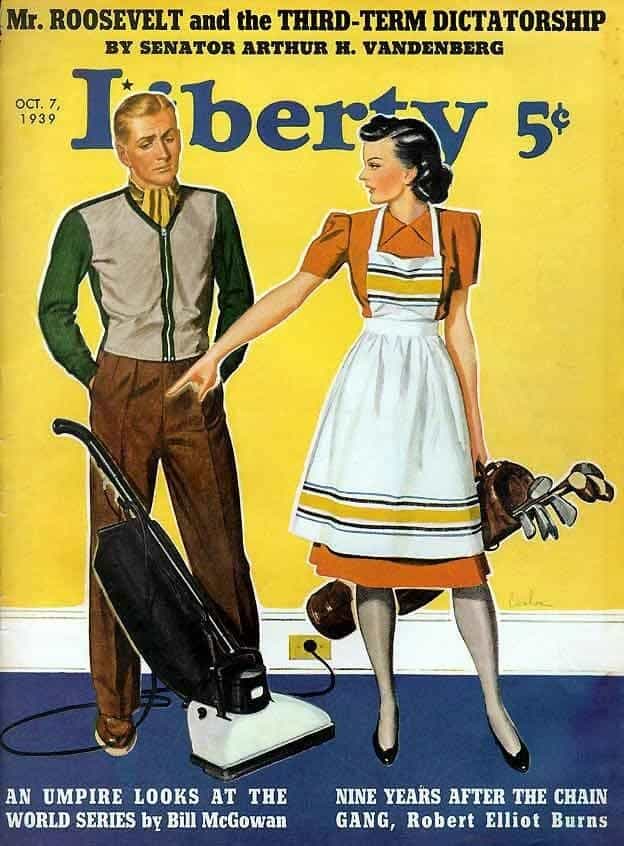│By Maya Thomas, Gale Ambassador at the University of Oxford│
The weather is cold and grey, but the shops are ablaze with red hearts, sparkly roses and giant teddy bears holding signs reading “I love you”: Valentine’s Day is upon us yet again. Whether you love or hate this centuries-old festival, it cannot be denied that the love it celebrates certainly deserves a day of its own. After all, from Helen of Troy to Tinder, the literary-minded (read: soppy) historian might argue that love, with all its greatness and tragedy, has inspired the culture, art and even politics that have propelled our human story onward.
Yet anyone who’s ever wandered forlornly through the maze of hearts and roses that adorns our Western shopping centres at this time of year, and longingly gazed at some elaborate box of heart-shaped chocolates wishing they had someone to buy it for, can tell you that even a festival celebrating something as joyful as love inevitably has a darker side.
Read more

